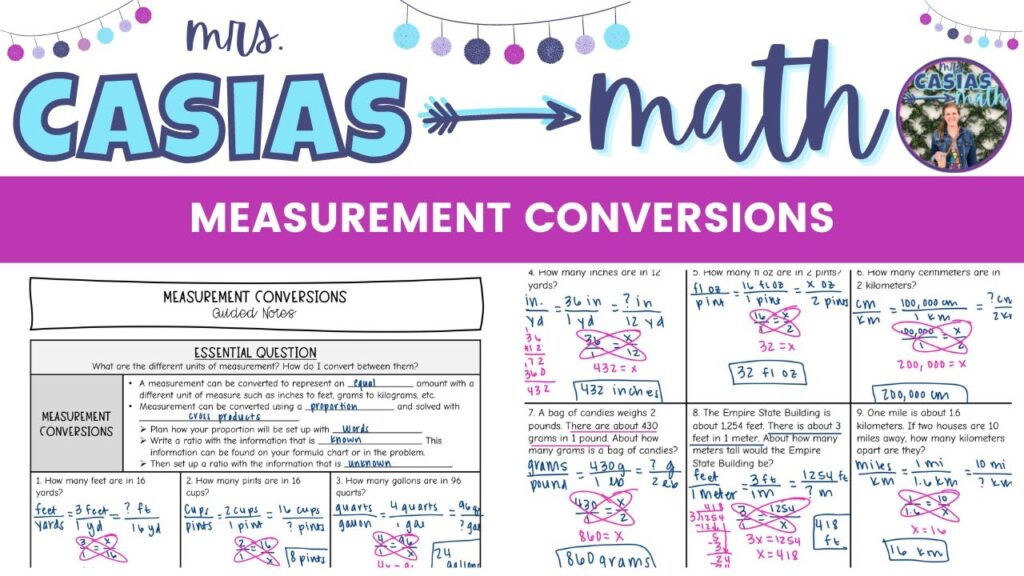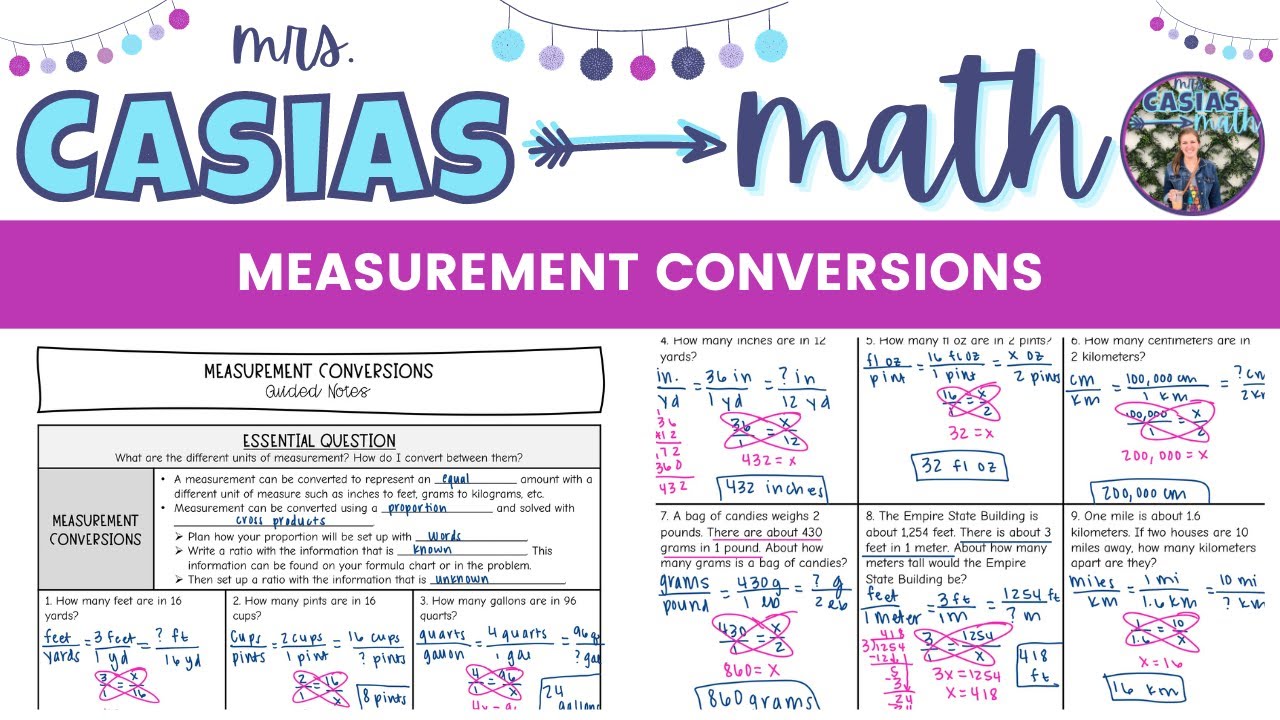
Navigating Seventh Grade: A Comprehensive Guide for Students, Parents, and Educators
Seventh grade marks a significant transition point in a student’s academic journey. Often considered the bridge between elementary and high school, it presents unique challenges and opportunities. Understanding the landscape of seventh grade, from academic expectations to social dynamics, is crucial for students, parents, and educators alike. This comprehensive guide aims to provide insights and strategies for a successful and fulfilling seventh grade experience.
Academic Expectations in Seventh Grade
The academic rigor in seventh grade typically increases compared to previous years. Students are expected to demonstrate greater independence, critical thinking, and problem-solving skills. The curriculum generally covers a broader range of topics and requires more in-depth analysis.
Core Subjects
- Mathematics: Seventh grade math often focuses on pre-algebra concepts, including solving equations, working with rational numbers, and understanding basic geometry. Students begin to develop a foundation for more advanced mathematical concepts.
- Language Arts: Reading comprehension, writing skills, and grammar are emphasized. Students are typically exposed to more complex texts and are expected to write essays, research papers, and creative pieces.
- Science: Seventh grade science often covers topics like life science, earth science, or physical science, depending on the school district. Students may conduct experiments, analyze data, and learn about the scientific method.
- Social Studies: History, geography, and civics are common topics. Students may study world history, U.S. history, or specific regions of the world.
Developing Essential Study Skills
Success in seventh grade requires strong study skills. These include:
- Time Management: Balancing homework, extracurricular activities, and social life is essential. Students should learn to prioritize tasks and create a schedule.
- Organization: Keeping track of assignments, notes, and materials is crucial. Using a planner, binder, or digital tools can help.
- Note-Taking: Effective note-taking skills allow students to capture important information during class.
- Test Preparation: Studying regularly and using effective test-taking strategies can improve performance.
Social and Emotional Development
Seventh grade is a time of significant social and emotional development. Students are navigating the complexities of adolescence, forming their identities, and developing social skills. This can be a challenging but also rewarding time.
Navigating Social Dynamics
Peer relationships become increasingly important in seventh grade. Students may experience pressure to fit in, navigate friendships, and deal with social issues like bullying. Open communication with parents and teachers is crucial during this time. [See also: Addressing Bullying in Middle School]
Developing Emotional Intelligence
Emotional intelligence, the ability to understand and manage one’s own emotions and the emotions of others, is essential for success in seventh grade and beyond. Students can develop emotional intelligence by:
- Practicing self-awareness: Recognizing their own emotions and how they impact their behavior.
- Managing emotions: Learning healthy coping mechanisms for dealing with stress, anxiety, and other challenging emotions.
- Developing empathy: Understanding and sharing the feelings of others.
- Building strong relationships: Communicating effectively and resolving conflicts constructively.
Challenges and How to Overcome Them
Seventh grade presents several common challenges. Understanding these challenges and developing strategies to overcome them can help students thrive.
Increased Academic Pressure
The increased academic rigor in seventh grade can be overwhelming for some students. To cope with this pressure:
- Seek help when needed: Don’t hesitate to ask teachers, tutors, or parents for assistance.
- Break down large tasks: Divide assignments into smaller, more manageable steps.
- Prioritize tasks: Focus on the most important assignments first.
- Take breaks: Regular breaks can help prevent burnout.
Social Challenges
Navigating social dynamics can be difficult. Strategies for dealing with social challenges include:
- Building strong friendships: Focus on developing genuine connections with peers.
- Standing up to bullying: Report bullying to a trusted adult.
- Seeking support: Talk to parents, teachers, or counselors about social challenges.
Time Management Difficulties
Balancing academics, extracurricular activities, and social life can be challenging. To improve time management:
- Create a schedule: Allocate time for specific tasks.
- Prioritize tasks: Focus on the most important activities first.
- Eliminate distractions: Minimize distractions while studying or working on assignments.
Tips for Parents
Parents play a crucial role in supporting their seventh grade students. Here are some tips for parents:
- Stay involved: Attend school events, communicate with teachers, and monitor your child’s progress.
- Provide support: Offer encouragement, help with homework, and listen to your child’s concerns.
- Encourage independence: Allow your child to take responsibility for their own learning and decision-making.
- Promote healthy habits: Encourage healthy eating, exercise, and sleep habits.
Advice for Educators
Educators can create a supportive and engaging learning environment for seventh grade students. Here’s some advice for educators:
- Create a positive classroom environment: Foster a sense of community and respect.
- Provide individualized support: Recognize that students learn at different paces and provide individualized support as needed.
- Engage students in learning: Use interactive activities, real-world examples, and technology to make learning more engaging.
- Communicate with parents: Keep parents informed about student progress and any concerns.
The Importance of Extracurricular Activities
Extracurricular activities play a vital role in the overall development of seventh grade students. They provide opportunities for students to explore their interests, develop new skills, and build relationships with peers. Consider encouraging your seventh grader to participate in clubs, sports, or other activities. [See also: Benefits of Extracurricular Activities for Middle School Students]
Benefits of Extracurricular Activities
- Improved academic performance: Studies have shown that students who participate in extracurricular activities tend to have higher grades and test scores.
- Enhanced social skills: Extracurricular activities provide opportunities for students to interact with peers and develop social skills.
- Increased self-esteem: Achieving success in extracurricular activities can boost self-esteem and confidence.
- Exploration of interests: Extracurricular activities allow students to explore their interests and discover new passions.
Preparing for High School
Seventh grade is an important time to start preparing for high school. Students should begin to think about their academic goals, explore different career paths, and develop the skills and habits that will help them succeed in high school. This involves self-reflection and potentially career exploration exercises.
Academic Planning
Students should work with their counselors and parents to develop an academic plan that aligns with their goals. This may involve choosing specific courses, setting academic goals, and exploring different educational opportunities.
Career Exploration
While it’s not necessary to choose a specific career path in seventh grade, students can begin to explore different career options by researching different fields, talking to professionals, and participating in career-related activities.
Conclusion
Seventh grade is a pivotal year that sets the stage for future academic success and personal growth. By understanding the academic expectations, navigating social dynamics, and developing essential skills, students can thrive in seventh grade and beyond. With the support of parents, educators, and the community, seventh graders can successfully navigate this important transition and prepare for the challenges and opportunities that lie ahead. Remember, seventh grade is a stepping stone, and a well-navigated year can pave the way for a successful high school experience. The key to a successful seventh grade year is preparation, communication, and a positive attitude. Embrace the challenges, celebrate the successes, and remember that the journey through seventh grade is an important step towards becoming a well-rounded and successful individual. A positive seventh grade experience can build confidence and set students up for future success. This guide provides a framework, but individual needs should always be considered. Ultimately, a student’s success in seventh grade depends on a collaborative effort between the student, their parents, and their educators. Good luck to all the seventh graders embarking on this exciting journey!

